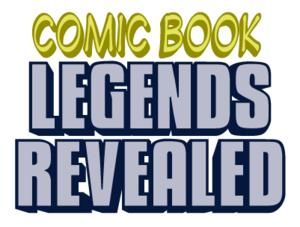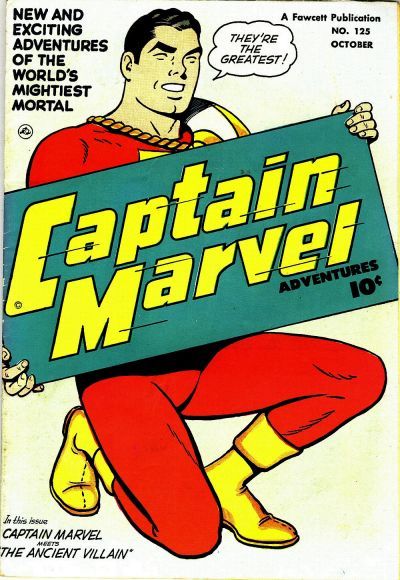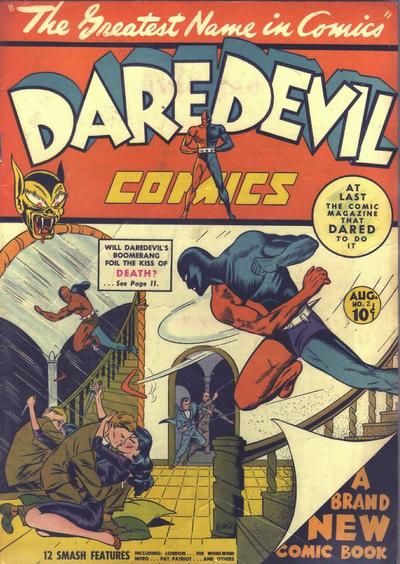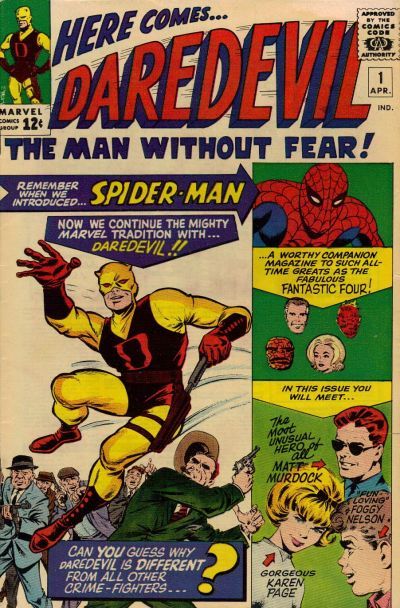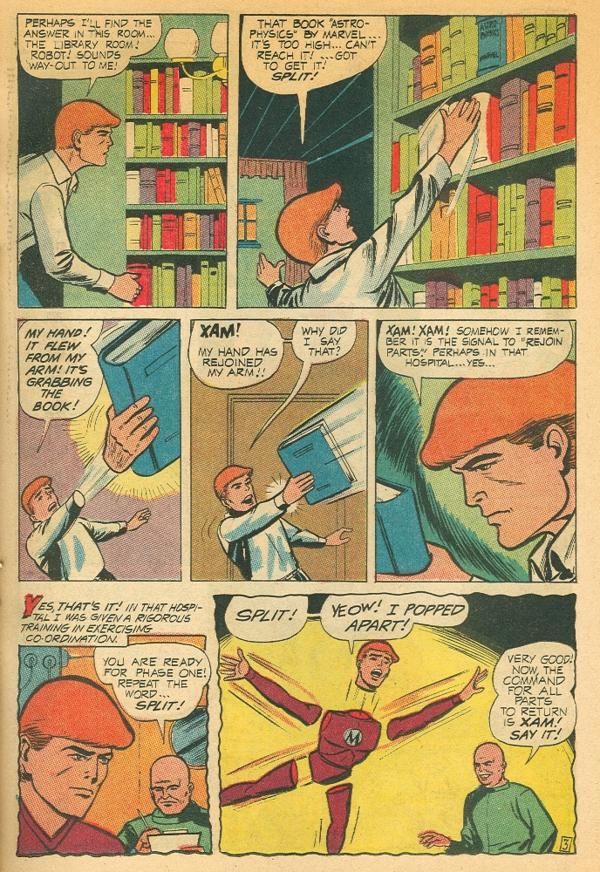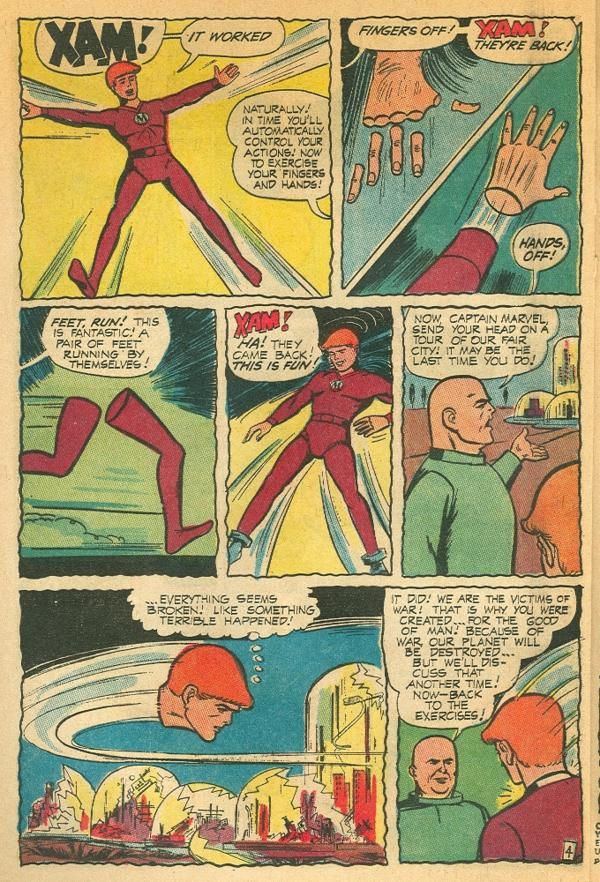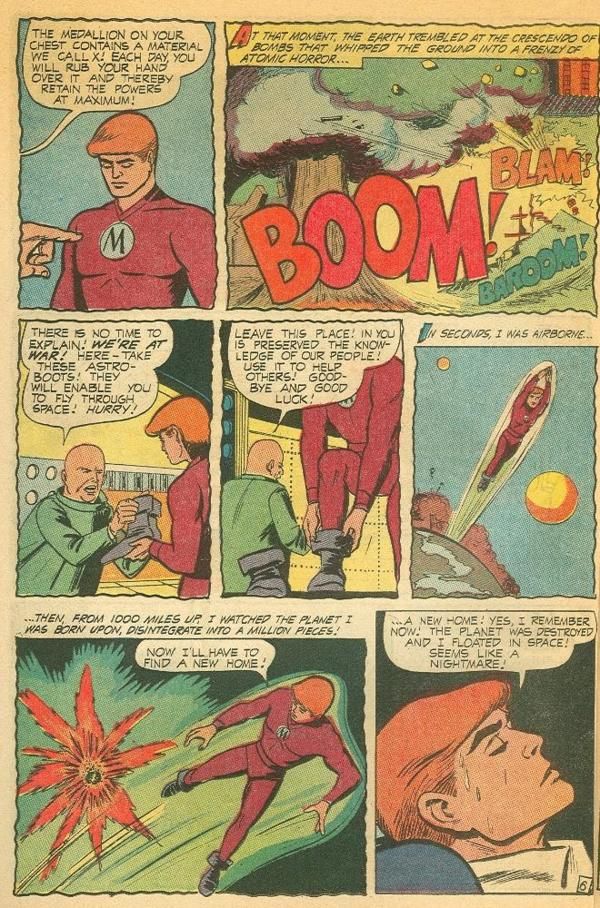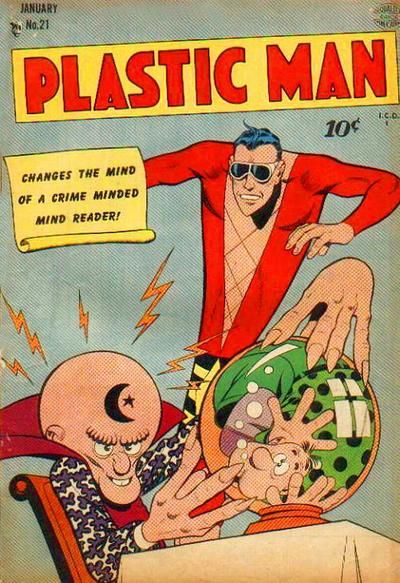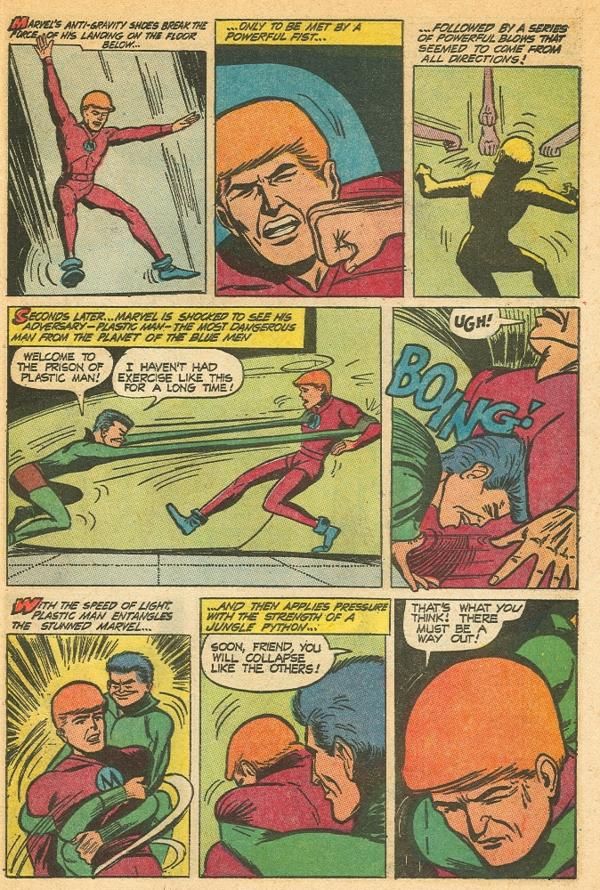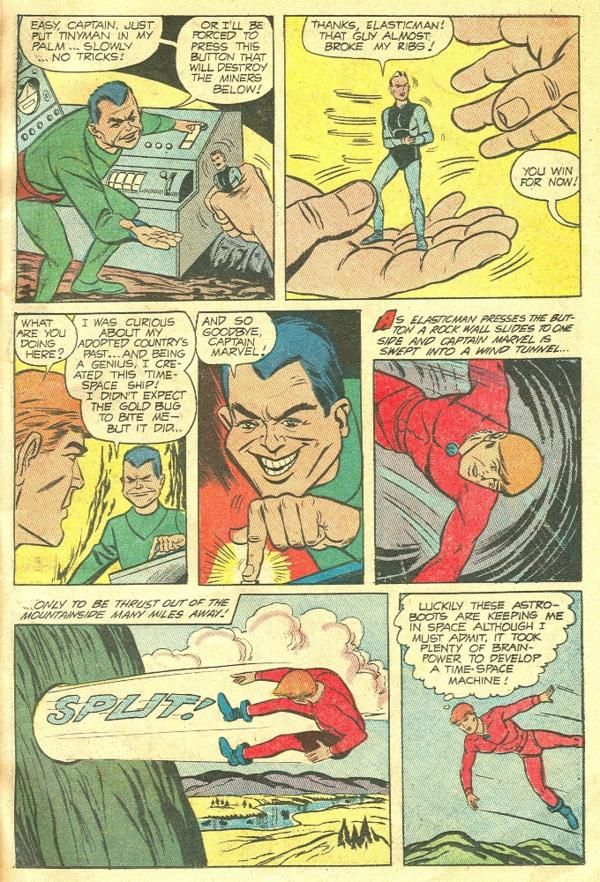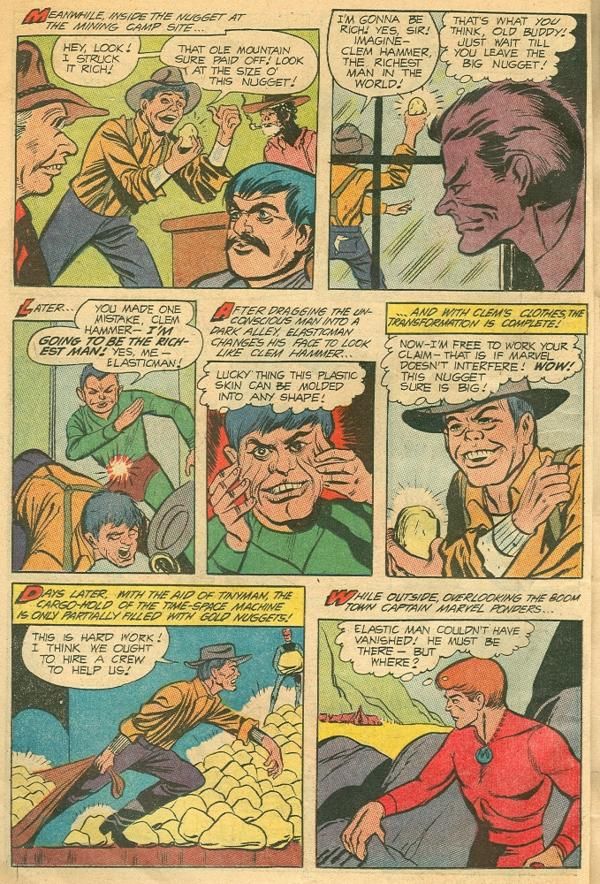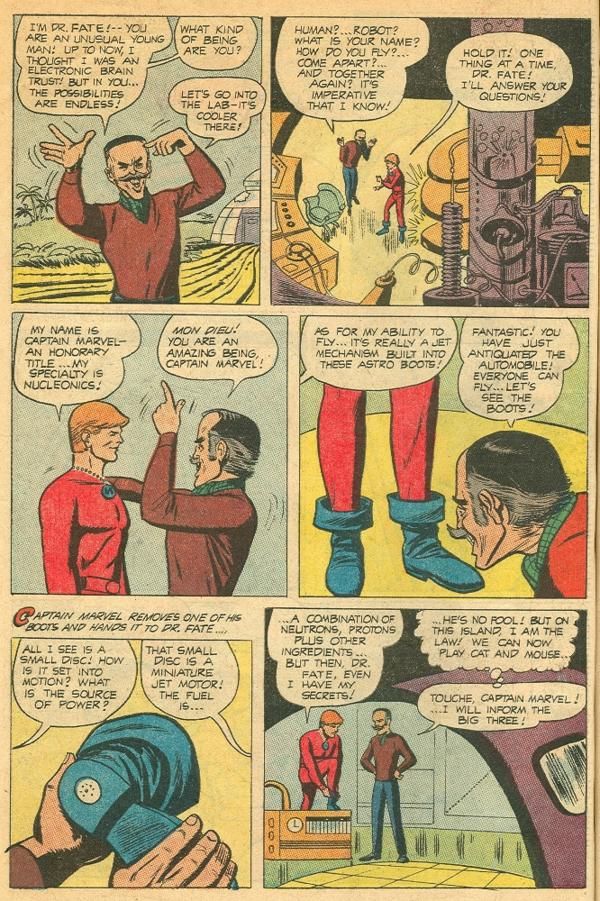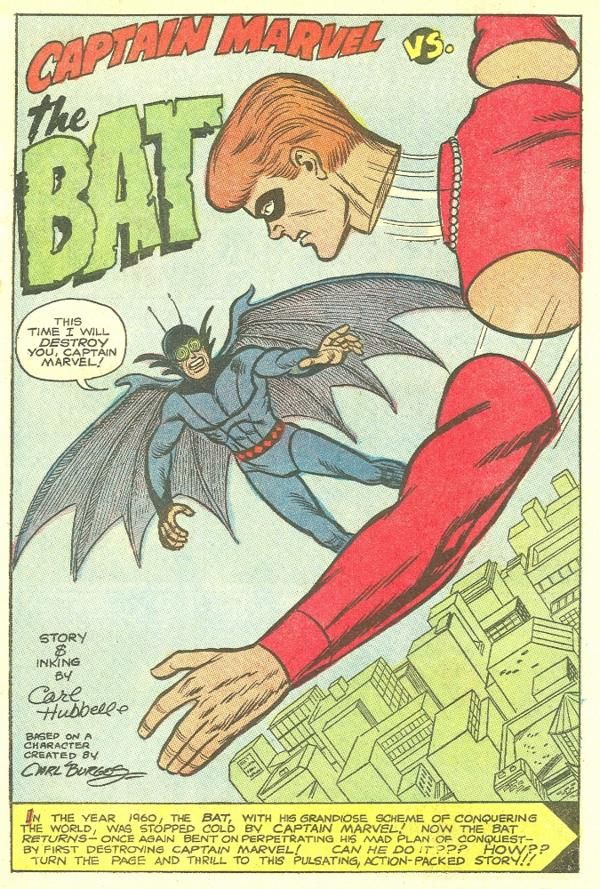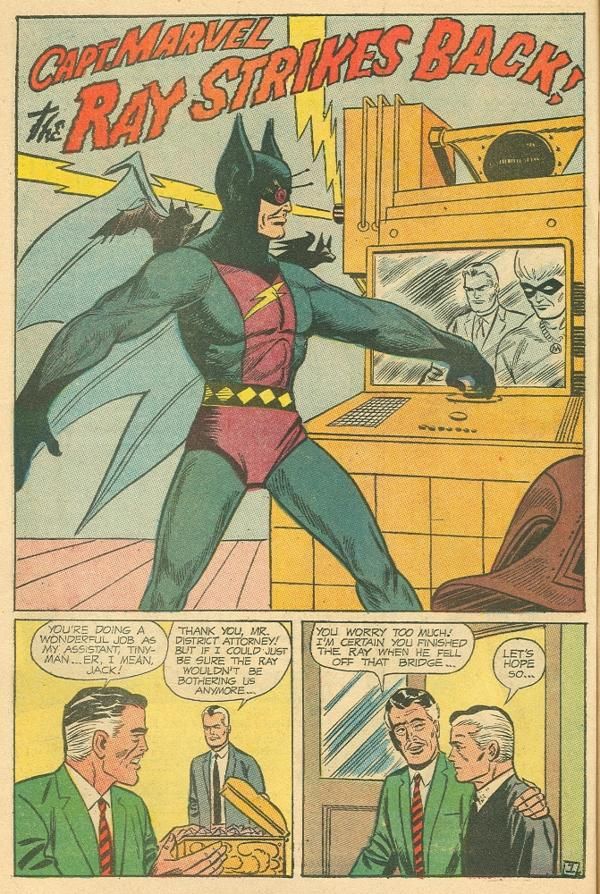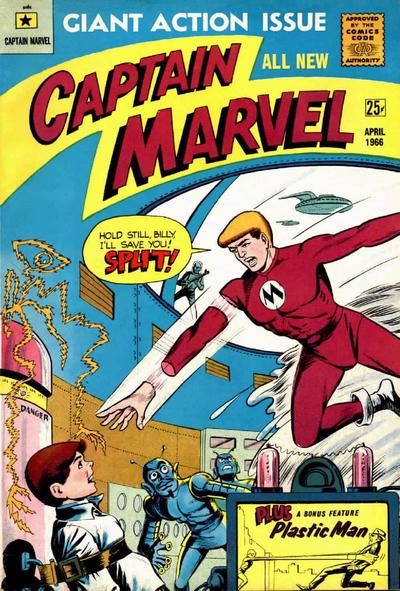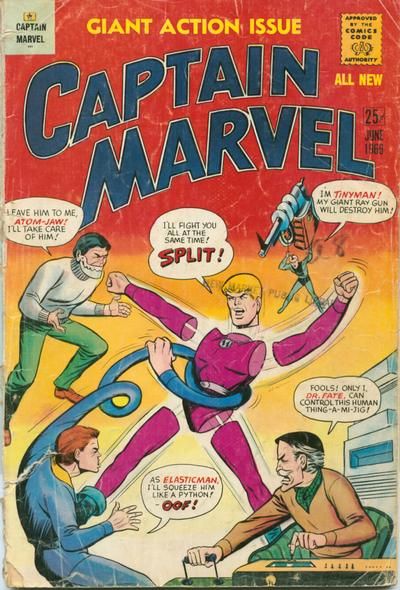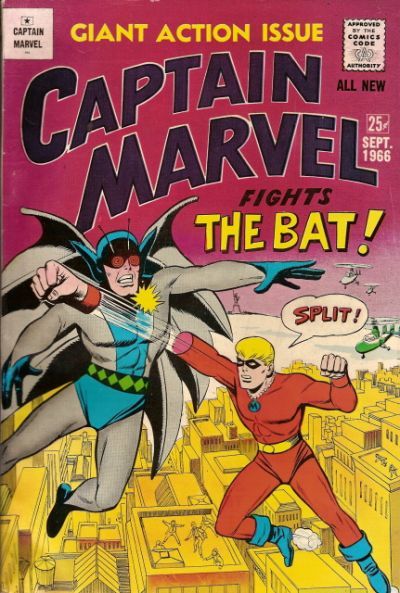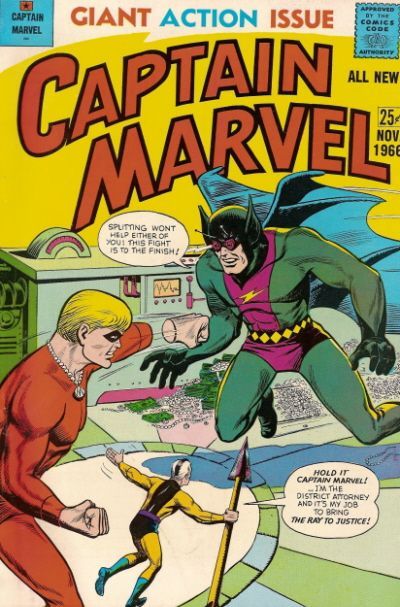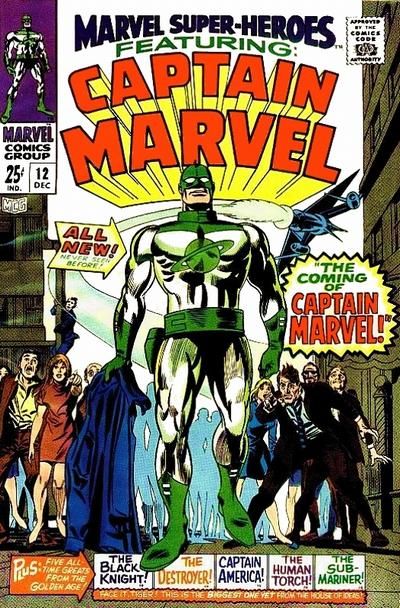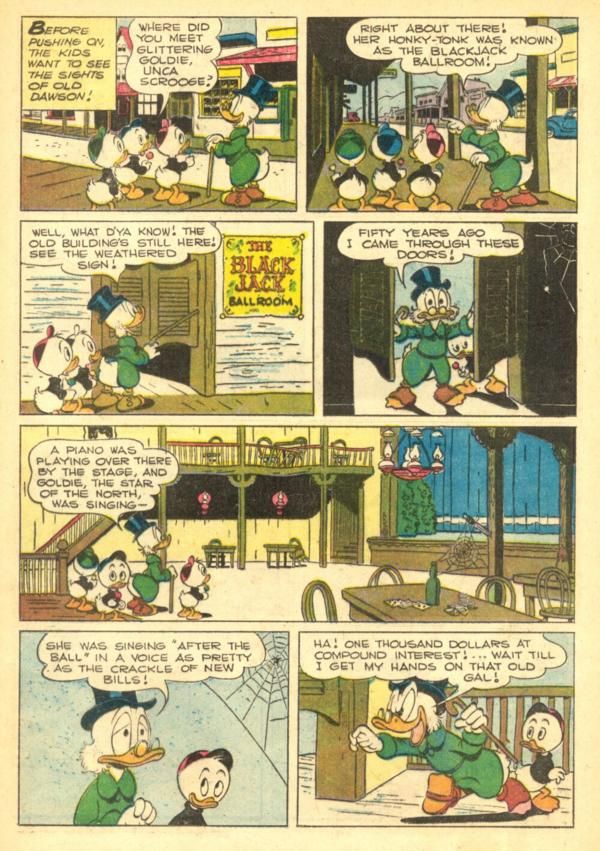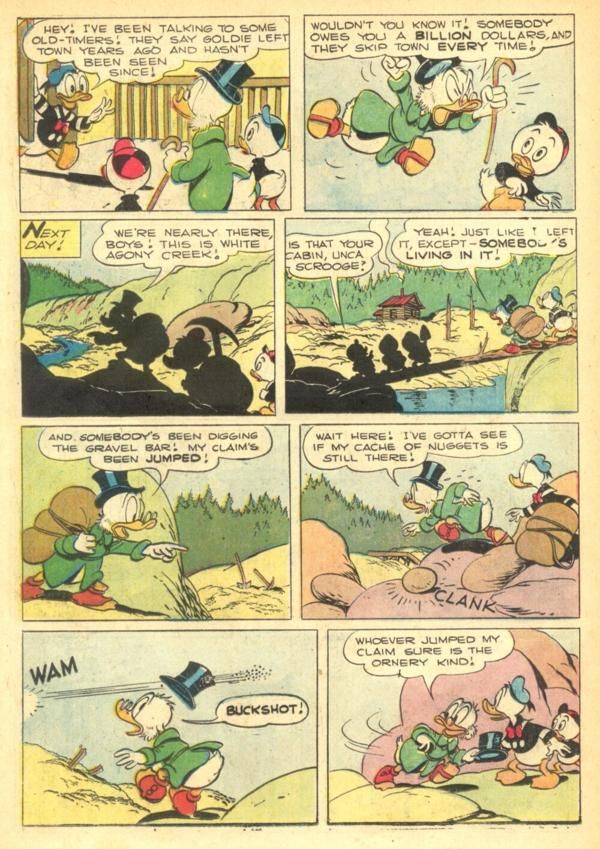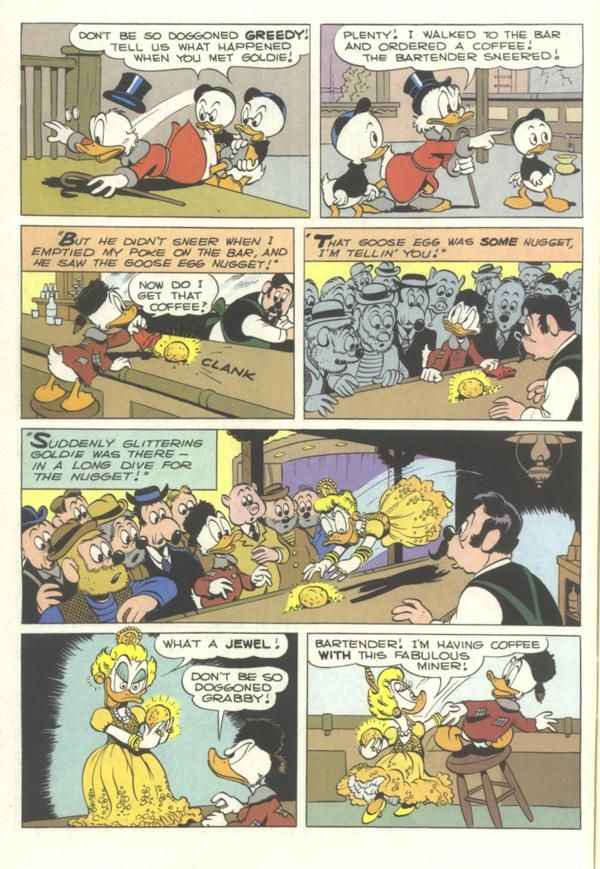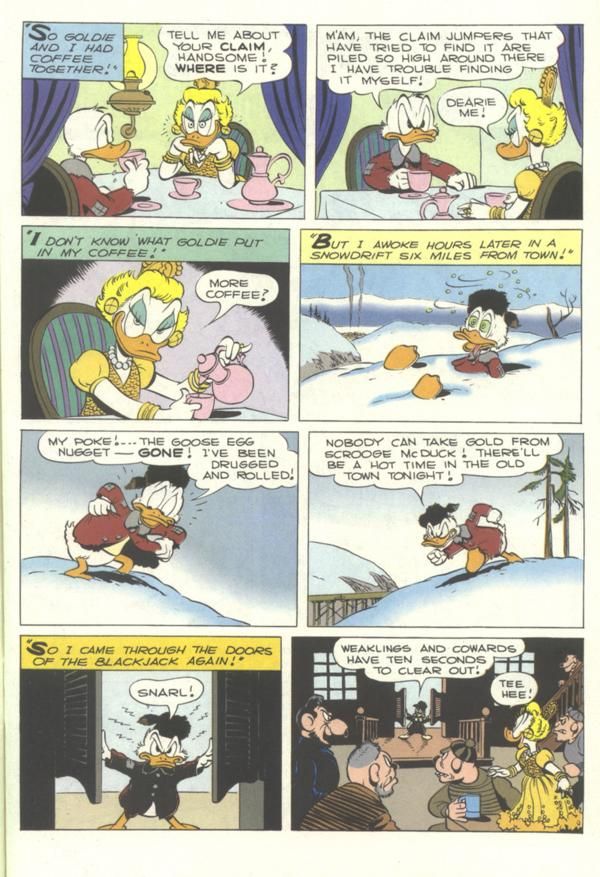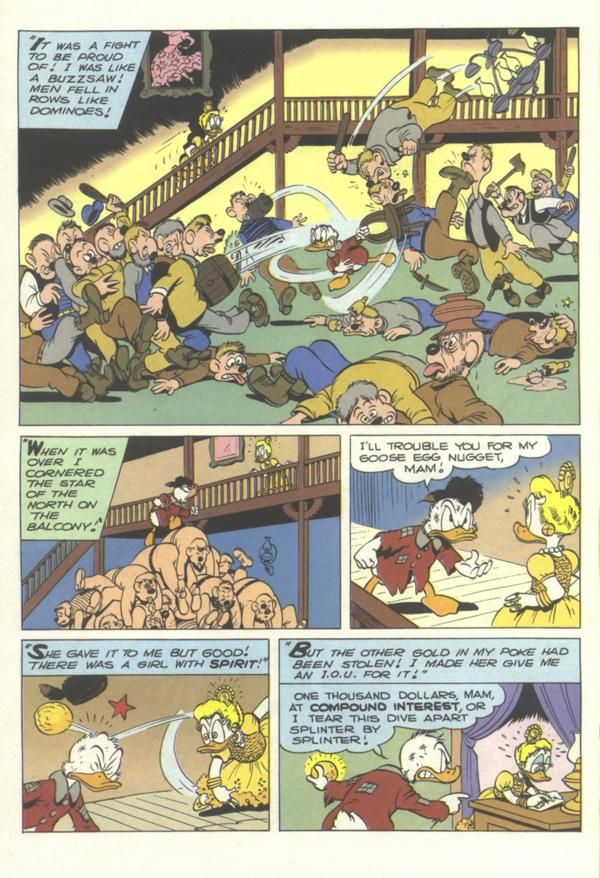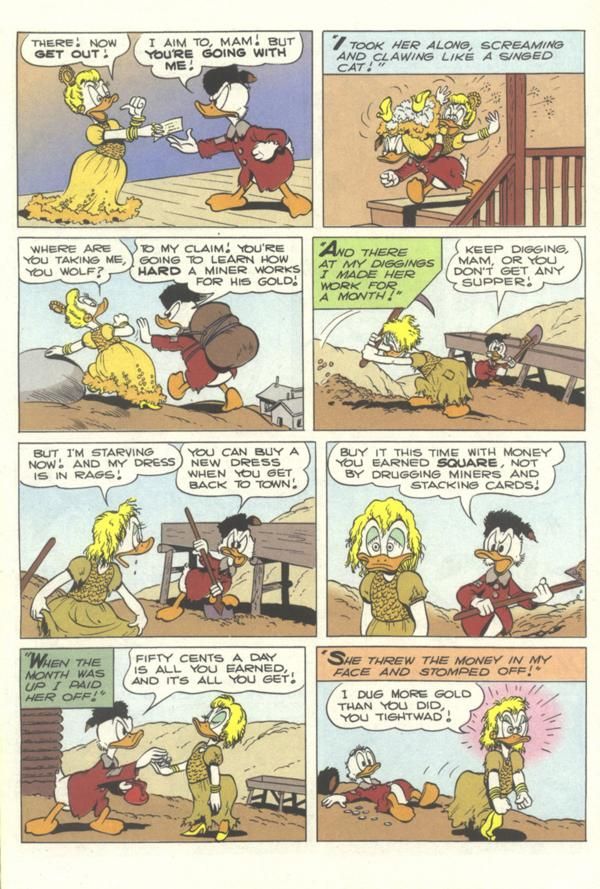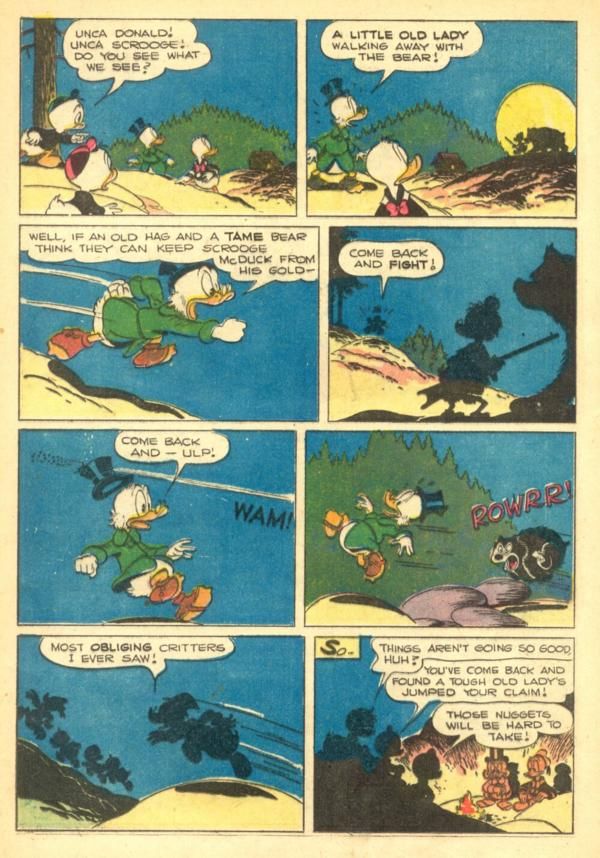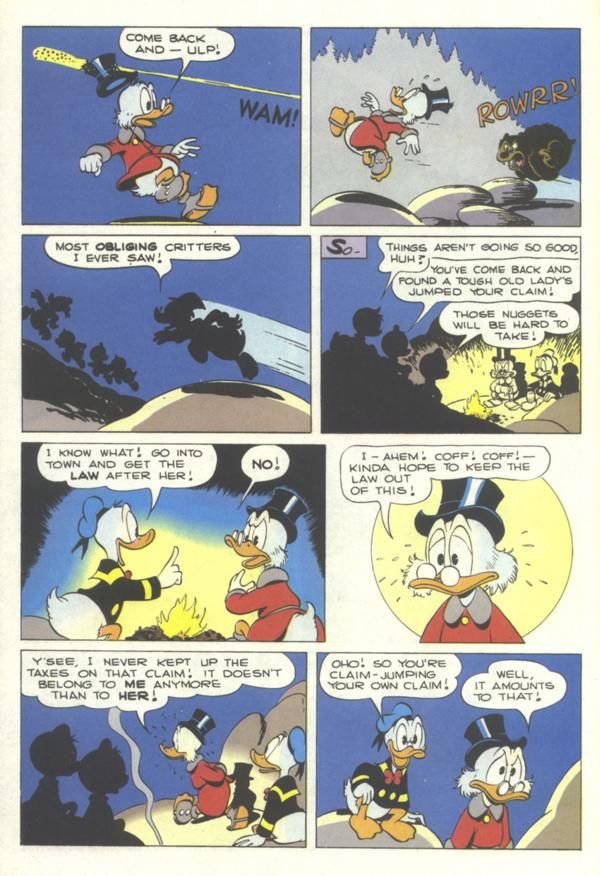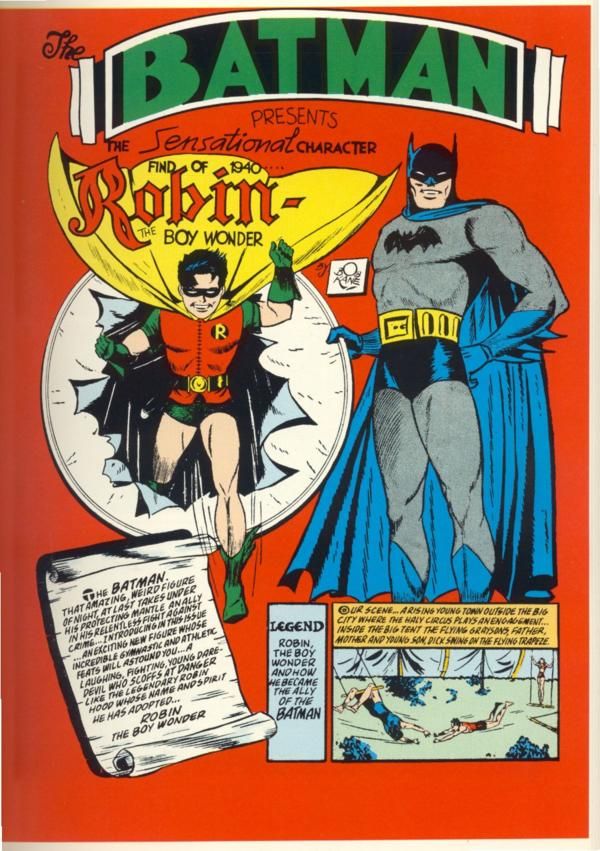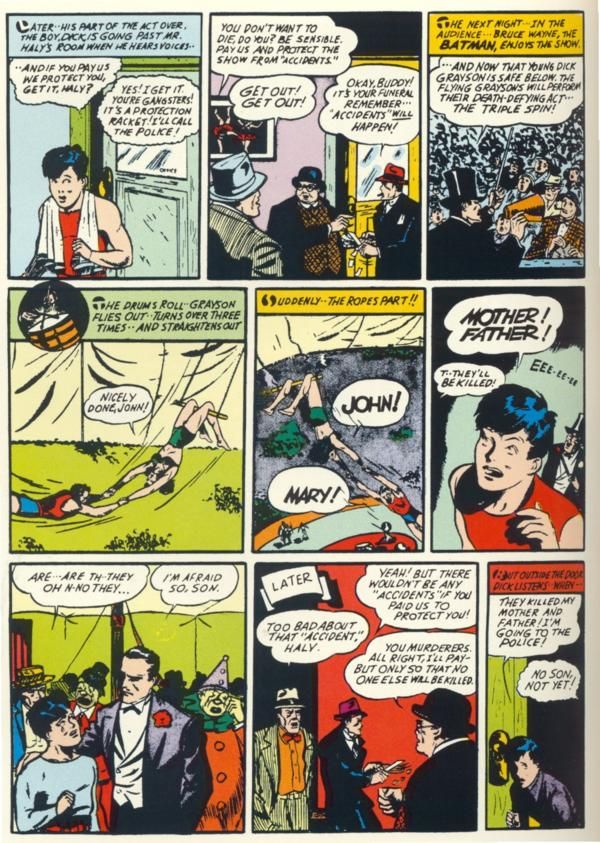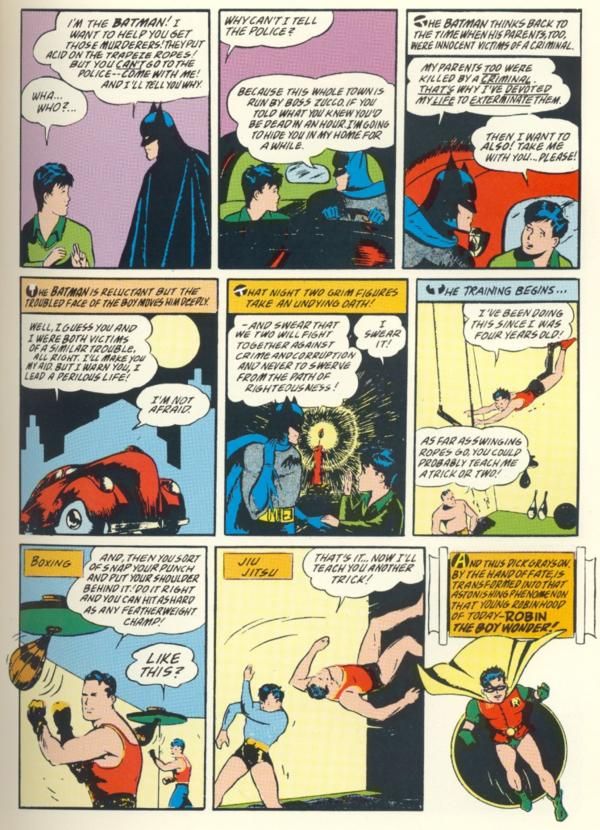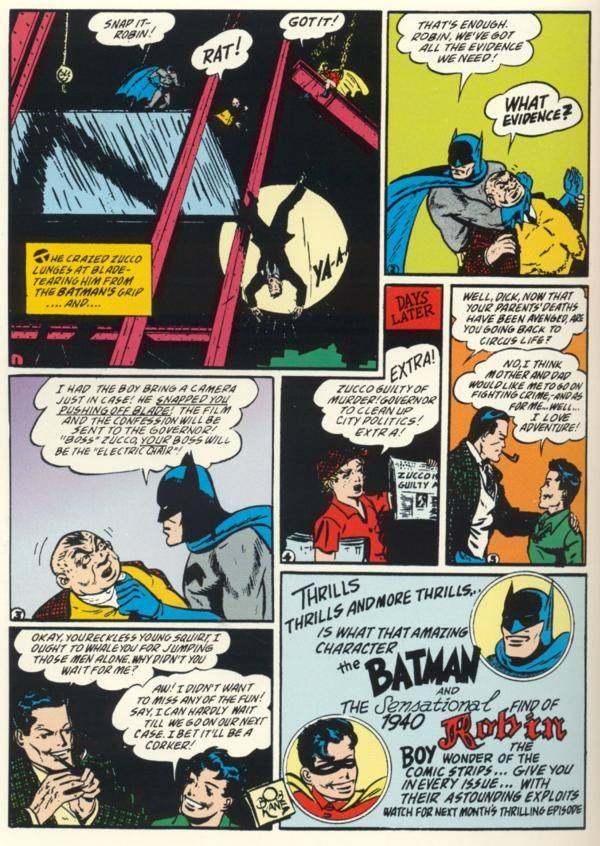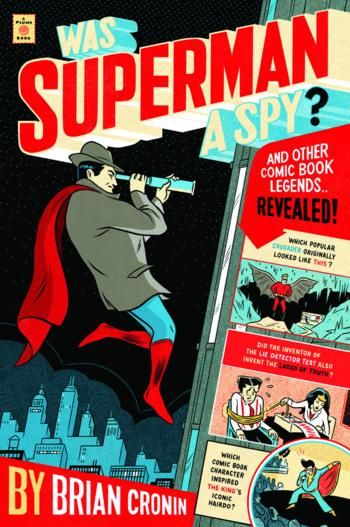Welcome to the two-hundred and eighty-sixth in a series of examinations of comic book legends and whether they are true or false. Click here for an archive of the previous two hundred and eighty-five.
Comic Book Legends Revealed is part of the larger Legends Revealed series, where I look into legends about the worlds of entertainment and sports, which you can check out here, at legendsrevealed.com. I'd especially recommend you check out this installment of TV Legends Revealed to learn if it is true that Aaron Spelling paid Luke Perry out of his own pocket for the first two seasons of Beverley Hills 90210!
Follow Comics Should Be Good on Twitter and on Facebook (also, feel free to share Comic Book Legends Revealed on our Facebook page!). As I've promised, at 2,000 Twitter followers I'll do a BONUS edition of Comic Book Legends Revealed during the week we hit 2,000. So go follow us (here's the link to our Twitter page again)! Not only will you get updates when new blog posts show up on both Twitter and Facebook, but you'll get original content from me, as well!
Let's begin!
COMIC LEGEND: A short-lived 1960s Captain Marvel series caused all sorts of trademark issues with names.
STATUS: True
As you may or may not know, Fawcett comics just stopped publishing their Captain Marvel comics during the 1950s to end the long-running lawsuit against Fawcett by DC Comics over the character (who DC claimed infringed upon Superman.
So by 1965, the character had not been used in over a decade.
By this point in time, Marvel Comics already had availed themselves of a cool-sounding character name from the Golden Age, Lev Gleason's Daredevil...
with their own title, Daredevil...
So the notion of using cool names that were not in use (and free from trademark) was already an established concept at the time.
However, Myron Fass went almost completely overboard with his 1966 series (under his M.F. Enterprises publishing "house") Captain Marvel, where he not only tried to cash in on the Captain Marvel name, with this "human robot" from an alien world who could split his body into different parts...
but also a name Fass thought was free and clear, Quality's Plastic Man!
with the villain, Plastic Man.
DC, though, of course owned the rights to Plastic Man (including the trademark) and told Fass to cut it out.
So in #2, Plastic Man was now Elastic Man!
The best part is if you note above, it seems to be clearly written as Plastic Man, just with the name changed later on (see how he refers to his plastic face?).
Later in #2, we meet...Dr. Fate!!!
I don't know if DC took issue with Dr. Fate or not, but this was his last appearance.
I KNOW DC took issue with #3's villain, The Bat...
because of, well, you know who.
So with #4, the Bat became...The Ray (and yes, it IS interesting that the name change is to the name of a different Quality hero, the Ray)!!!!
And with #4, the book was canceled (it kept going for a couple more issues just using the name, similar to the ending of Daredevil Comics).
Amusingly, if you look at the covers for the series, Fass was clearly thinking "trademarks" because he made sure to have the names of each of the characters (even as they changed names) appear on the cover (thereby making them "marks in trade")....
Finally, in 1967, after waiting a few months, almost certainly in response to Fass' title, Marvel debuted their OWN Captain Marvel...
and they've owned the trademark ever since.
Looking back, man, Captain Marvel was one ridiculous comic book. I don't even wish to TRY to explain the plot of the series - it was way too crazy. But it was a wacky ride while it lasted!
COMIC LEGEND: Disney censored a large chunk out of Carl Barks' classic original story, "Back to the Klondike."
STATUS: True
The strictness of the guidelines of what was or was not "acceptable" that comic book legend Carl Barks had to work with as he wrote his classic Duck stories for Western/Disney in the 1940s and 1950s was staggering. It was to his credit that he was so attuned with the guidelines that they did not often have to actually censor him.
Amazingly, though, one of his most famous/beloved Duck story, "Back to the Klondike" was severely censored, going from a 32 page story to a 27 page story!
Here is how pages 11 and 12 read in the published story in 1953...
Now here's what Barks ORIGINALLY drew after page 11...
Here's the published page 15...
Here's what Barks ORIGINALLY drew....
You see, Disney/Western objected to the violence of the brawl (Barks later admitted that he thought that the brawl probably was pushing things, but he thought it would be fun to draw) and also to moral ambiguities of Scrooge's behavior (like effectively kidnapping Goldie and also to admitting that he was basically claim-jumping himself).
Luckily, in 1981, the four pages that had been removed were found and were restored for a reprint of the story. The half-page on 15 was lost, though, so Barks just re-drew the half page (with inks by Daan Jippes).
A cool solution and it completes one of Barks' best stories (it was later loosely adapted for Duck Tales).
Read more about the situation here.
COMIC LEGEND: Robin was forced upon Bob Kane.
STATUS: False
A couple of years back, reader Jason wrote to me to ask:
I've heard from many people that Bob Kane hated the idea of Robin and really fought against his inclusion in Detective Comics but eventually relented and let DC have their way. Is this true, or was Robin a Kane creation (or Finger creation, Robinson, etc)?
The likely basis for this suggestion was that Kane did, indeed, prefer Batman working solo and was fairly vocal about it when asked about the topic. In addition, Robin was not a Kane idea, but a character created at the behest of Bill Finger, so it is reasonable to believe that Kane was not on board.
However, looking back on the recollections of Kane, Bill Finger and Jerry Robinson (they all have spoken about those early days many times, especially Kane and Robinson), it appears evident that Kane was fine with the idea of a boy sidekick for Batman.
The idea originally came up with Bill Finger requested for a partner for Batman because he wanted someone for Batman to have dialogues with as he worked out the mysteries of the issue.
Boy sidekicks were beginning to become popular at the time (Kane had already created one for another character of his, Peter Pupp, which also certainly goes to "Kane did not have a big problem with boy sidekicks"), so Kane suggested a boy sidekick. It was Robinson who then suggested that the boy be "normal" like Batman (Kane apparently believed that the boy should have some sort of super-powered gimmick) and that he be named after Robin Hood.
Finger then suggested that his back story mirror Bruce Wayne's, and ta da, you had 1940's Detective Comics #38...
This is not to say that helping the sales of the title did not factor into their decision regarding Robin, but it was not an idea forced upon the creative team by editorial. It was Kane's own creative partner, Finger, who wanted the character.
So while yeah, I think if Kane were left alone with the character, he might not have had a boy sidekick (although I bet he still eventually would have), he did not fight the idea. As you can see from the final page of the Robin debut story, the character fit in pretty darn well...
Thanks to Jason for the question! And thanks to Kane, Finger and Robinson for their recollections about the early days and Robin's creation!
Okay, that's it for this week!
Thanks to the Grand Comics Database for this week's covers! And thanks to Brandon Hanvey for the Comic Book Legends Revealed logo!
Feel free (heck, I implore you!) to write in with your suggestions for future installments! My e-mail address is cronb01@aol.com. And my Twitter feed is http://twitter.com/brian_cronin, so you can ask me legends there, as well!
As you likely know by now, in April of last year my book came out!
Here is the cover by artist Mickey Duzyj. I think he did a very nice job (click to enlarge)...
If you'd like to order it, you can use the following code if you'd like to send me a bit of a referral fee...
Was Superman a Spy?: And Other Comic Book Legends Revealed
See you all next week!

